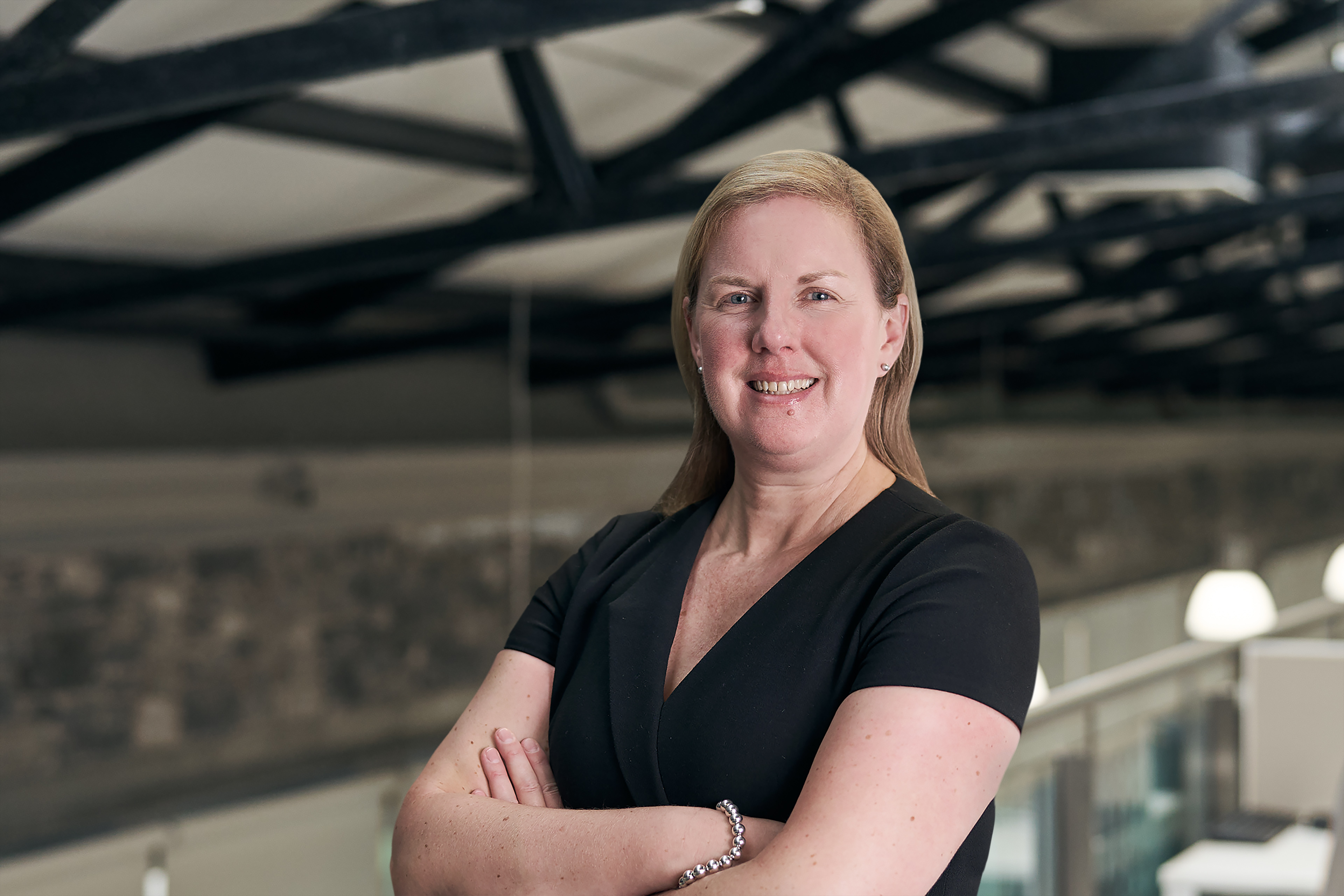EY refers to the global organization, and may refer to one or more, of the member firms of Ernst & Young Global Limited, each of which is a separate legal entity. Ernst & Young Global Limited, a UK company limited by guarantee, does not provide services to clients.

The latest wave of EY’s global Future Consumer Index highlights that affordability and health are the top consumer concerns deriving from the pandemic, geopolitical uncertainty and cost of living crisis.
In brief
- Affordability remains the top concern for consumers, with 92% concerned about the economy.
- The health first consumer has moved from 4 of 5 in October 2022 to the second most popular cohort with 65% saying they will be more aware and cautious about their mental health.
Affordability and health have emerged as the top concerns for consumers in the latest EY Future Consumer Index, with sustainability and concerns for the planet falling back. Ongoing concerns in relation to the rising cost of living coupled with falling trust in brands is leading to a switch to private label products.
At the same time, increased levels of stress and poor mental health due to the lingering effects of the pandemic, geopolitical uncertainty, along with the cost of living crisis have led to a marked increase in health consciousness among consumers.
Unsurprisingly, affordability remains the leading concern. The affordability first cohort are primarily focused on cost and perceived value. They concentrate their spending on essential products and 71% don’t feel a need to keep up with the latest fashion trends. Many are pessimistic about the economic outlook, with 92% concerned about their country’s economy and 39% expecting the situation to get worse over the next six months. The medium-term outlook is more positive with 48% expecting improvements over the next three years.
In the here and now, over 40% of respondents are extremely concerned about their personal and household income and their capacity to enjoy life to the fullest while almost 40% were concerned about their ability to fund their retirement.
This financial anxiety is translating into markedly changed behaviours with 52% of consumers saying they are cutting back on non-essentials, up from 40% in the May 2020 EY Consumer Index. 35% are trying new brands to reduce costs, up from 19% in 2020, while 38% will buy second-hand items, up from 31%.
While the annual inflation rate has slowed in Ireland, consumers in this country continue to contend with higher costs in certain areas of household spending. Domestic electricity and gas prices have yet to fall and the cost of holidays (flights, hotels and packaged holidays) and the price of alcohol have all increased in recent months.
Globally, price pressures are driving a switch from branded to private label products. 63% of respondents say private label products are helping them save money. The logic there is clear, but what should be a cause for concern for brands and retailers is the fact that 65% say private label is satisfying their needs equally as well as branded products while 55% say brands are no longer important to them.
Even more worrying is the 74% who reported shrinkflation with brands seen to be reducing pack sizes while the price remains the same or even increases.
In Ireland, there is a strong belief on the part of consumers that prices should be falling as a result of energy price drops and other factors, and this has resulted in a clamour from consumers and Government for greater price transparency and accountability.
Recent price decreases in dairy, bread and some other staples have been welcomed but have only served to highlight continuing increases in other food product lines. Likewise, one leading grocery retailer has recently announced they will cut prices on hundreds of products, with other retailers expected to follow suit.
That fall in trust is also translating into consumer concerns regarding the eco credentials of products, with 56% of respondents citing misleading product information as a significant deterrent to purchasing sustainable products.
Retailers and brands need to listen to consumers and respond to their concerns and needs. Brands need to extend their range of lower price value offers while retailers should reassess their pricing strategies, expand their private label ranges and reduce the complexity of loyalty schemes while focusing on in-store and point of sale promotions.
The health first cohort is prioritising physical and mental wellbeing with 49% saying it will be a key factor in their purchasing behaviour in the coming years. Furthermore, 71% of respondents said they will be more aware and cautious of their physical health over next three years, while 65% said so for their mental health. Over 40% are extremely concerned they will not be able to access quality healthcare when they need it.
In serving these consumers, companies need to develop innovative products that combine mental wellbeing and physical health benefits by embedding functional ingredients. In addition, companies and retailers can offer value added services such as dietary and fitness advice to supplement healthy product offerings. All health claims should be supported by solid scientific evidence.
That evidence is doubly important in light of the erosion of trust being experienced by brands and retailers. Technology can also undermine trust. On the one hand consumers remain very concerned about data theft, security breaches, and the sale of their data to unknown third parties but are also willing to share personal data if the bargain offers clear value in the form of more personalised experiences, recommendations for cheaper alternatives, and time savings when using e-commerce channels.
That willingness presents opportunities for companies to expand their channel presence and develop new brand experiences. That will enable them to capture more data, identify new insights, test products, and respond quickly to market changes.
Conclusion
The environment for Irish consumers will continue to be uncertain for some time to come. While upward price pressures are outside of their control, there are a number of ways they can make a difference to their own spending. These include switching to private label offerings; taking advantage of appropriate discounts; and shopping around and across channels for value.
Summary
Retailers in Ireland need to respond to changing consumer priorities and behaviours. They need to be more innovative in their marketing and how they attract and reward customers. That means truly understanding their customers’ needs and meeting them by extending their range, expanding private label offerings, building loyalty through straightforward discount offers, and being aware of their customers’ increasing health consciousness.
Related articles
How can business best serve the ‘Affordability First’ consumer
Traditional bricks and mortar retailers, already under intense pressure from online rivals, must now contend with the ongoing impact of COVID-19 along with rising inflation and changing consumer behaviours.




